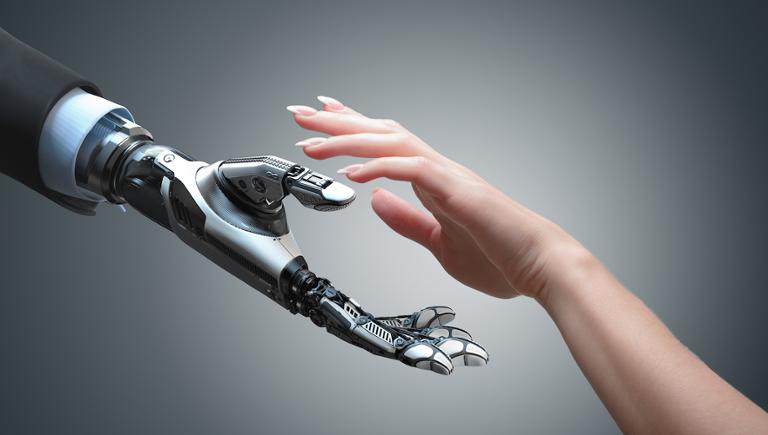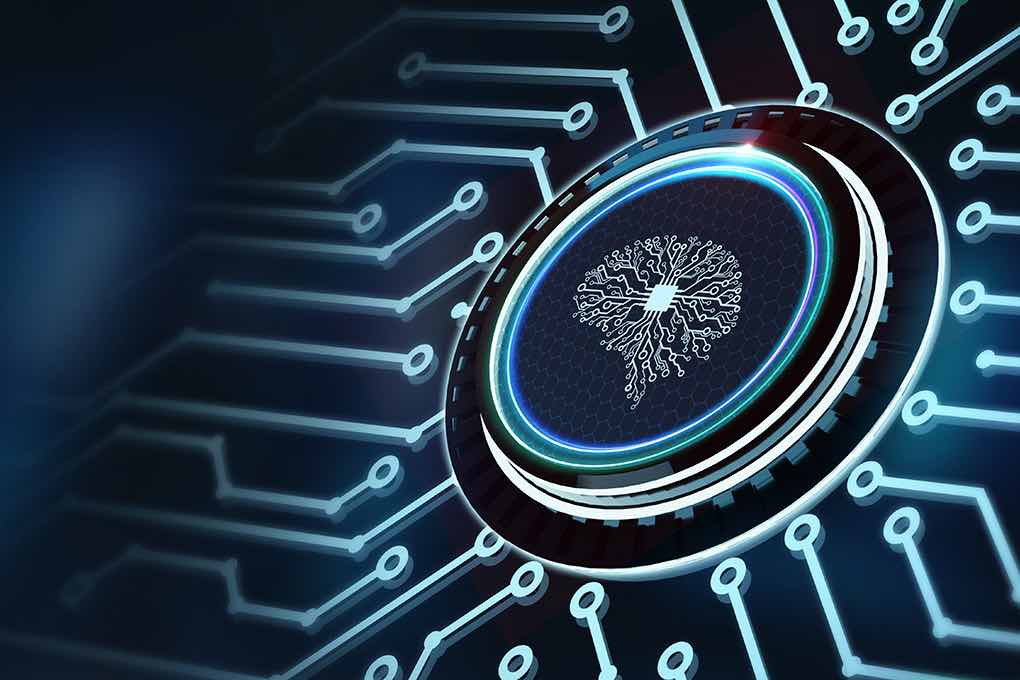Navigating the Impact of AI on Jobs: Exploring the Potential Disruptions and Opportunities
As artificial intelligence (AI) technology continues to advance, there is growing concern about its potential impact on jobs. While AI has the power to transform businesses and raise important ethical and privacy questions, the question on many minds is whether AI will replace human workers. In this article, we will explore the potential disruptions and opportunities brought about by AI, shedding light on the industries and jobs most at risk and those likely to thrive in the evolving landscape.
The Changing Job Landscape: The rise of robots and automation has already resulted in the elimination of numerous jobs, particularly in the manufacturing sector. However, the growth of AI presents a more nuanced scenario. While it may lead to job reductions in certain industries, it is also projected to create 97 million new jobs by 2025. We’ll delve into the specific roles and industries that are most susceptible to automation in the coming decade.
Industries on the Brink: Senior tech executives from the Forbes Technology Council have identified over a dozen jobs and industries that are likely to be fully or almost fully automated in the near future. From manufacturing and warehousing to customer service and insurance, we will explore the potential impact on millions of workers across the country, discussing the gradual transition businesses are likely to undergo rather than an overnight replacement.
The Impact on Language and Art-Based Work: With the development of advanced AI chatbots like ChatGPT, concerns arise regarding the future of jobs that require writing. We’ll examine the capabilities of AI systems in handling written tasks, from formulaic content creation to higher-level creative writing. Additionally, we’ll explore the potential disruption AI could bring to the music and visual art industries, where AI-generated content could offer cost-effective alternatives to human creators.
Jobs Likely to Withstand Automation: Certain jobs requiring high levels of emotional or social intelligence are deemed less likely to be replaced by AI. We’ll explore the roles of executives, teachers, lawyers, graphic designers, computer scientists, psychiatrists, and artists, discussing why their industry security remains intact due to the qualitative and difficult-to-replicate skills they possess.
Potential for New Jobs: While AI disrupts traditional job roles, it also has the potential to create entirely new types of jobs. We’ll examine the role of data in AI systems and how it opens up opportunities for data-related professions. Additionally, we’ll discuss the importance of workers’ adaptability and understanding of AI to enhance their performance and remain successful in an evolving job market.
Conclusion: As AI continues to reshape industries, it is essential to navigate the potential disruptions and opportunities it presents. While certain jobs may be at risk of automation, others will require uniquely human skills and remain resilient. Ultimately, the relationship between AI and jobs is a complex one, with the potential for both displacement and innovation. By understanding these dynamics and staying adaptable, individuals and businesses can thrive in an AI-driven future.



